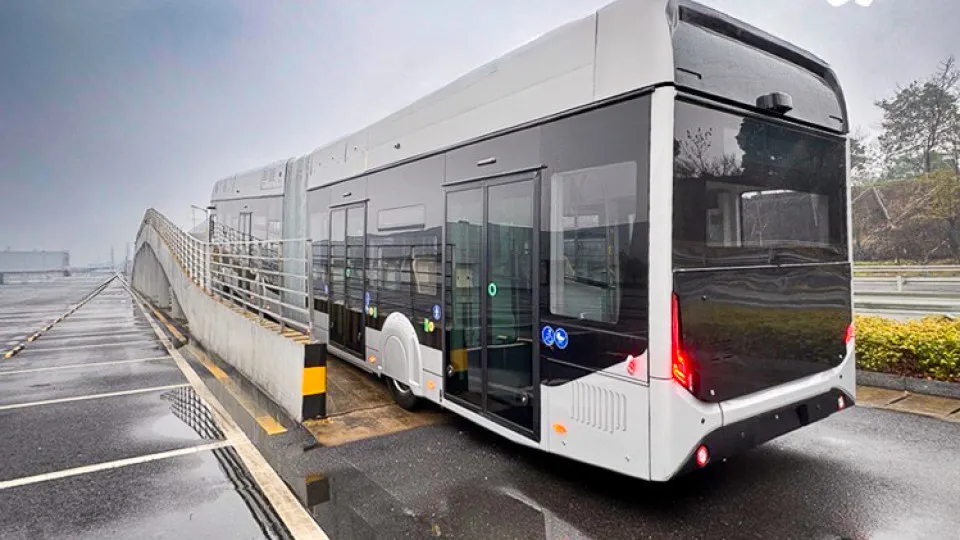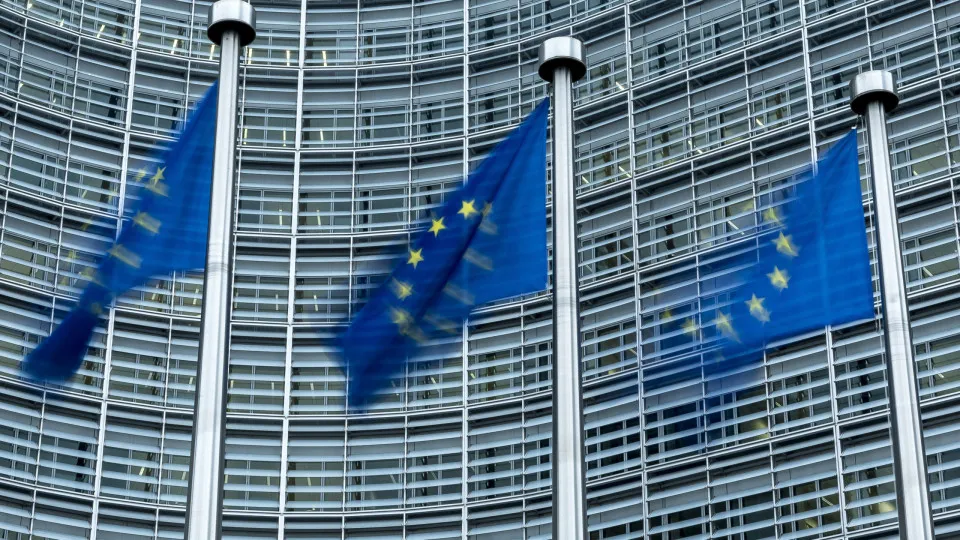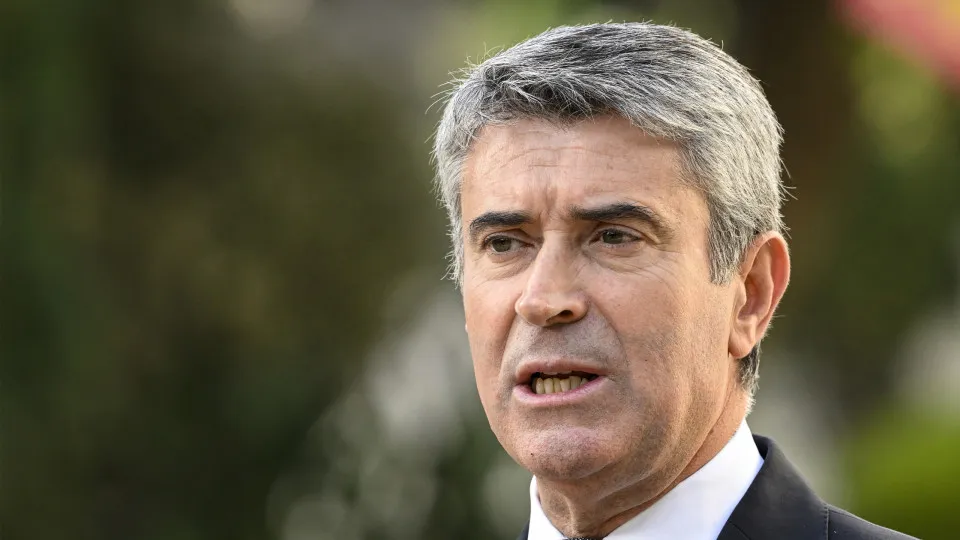
The Porto Metro has confirmed the establishment of an “agreement” with the Sociedade de Transportes Coletivos do Porto (STCP) regarding a memorandum of understanding critical to the metrobus operation. This memorandum, involving the State, Porto City Council, Metro do Porto, and STCP, remains unsigned.
Dynamic tests of the metrobus vehicles are underway, simulating real operational scenarios. The transport company noted these tests are conducted by CaetanoBus, which leads the consortium supplying the vehicles and hydrogen refueling facilities.
On October 2, the IMT confirmed that no request had been received for homologation or vehicle registration for Porto’s metrobus, which had already acquired the necessary European homologation but needed to complete the process in Portugal.
On June 6, the first nighttime trials of Porto’s metrobus were observed, over nine months after the company announced the main project works were finished.
In August 2024, discussions persisted on whether current STCP buses, set to operate the service, might temporarily use the metrobus route until vehicle delivery. This option was abandoned following unsatisfactory test results.
The exemption of buses from the route led to its use as a bike lane. Several movements and associations have urged a project rethink, citing two car lanes but none for non-motorized transport despite its use.
An official from the Porto City Council clarified in August 2023 that eliminating non-motorized transport lanes was a “political decision,” prioritizing public transport due to space constraints.
The delay in vehicle arrival dates back to the cancellation of the initial public tender for buses and the green hydrogen production system, launched in December 2022 and reissued in July 2023, eight months later.
Metro do Porto announced multiple attempts to receive vehicles by late 2024, January, or February 2025, finally confirming that operation would begin “at the start of May,” as stated by CaetanoBus.
In August 2024, Porto City Council criticized the lack of clarity, accusing Metro of non-transparency and poor coordination, calling for “institutional respect.” This criticism has been a constant throughout the process.
The memorandum of understanding has yet to be signed.
The project includes works at the STCP depot in Areosa, which will host the hydrogen production station. The contract specifies that until the hydrogen plant starts operating, the supply consortium will provide a mobile refueling station.
The Porto metrobus will be a hydrogen-powered bus service connecting Casa da Música to Praça do Império and Anémona, in 12 and 17 minutes, respectively.
The entirety of the vehicles and the energy production system has a total cost of 29.5 million euros, while the metrobus project itself costs about 76 million euros.




